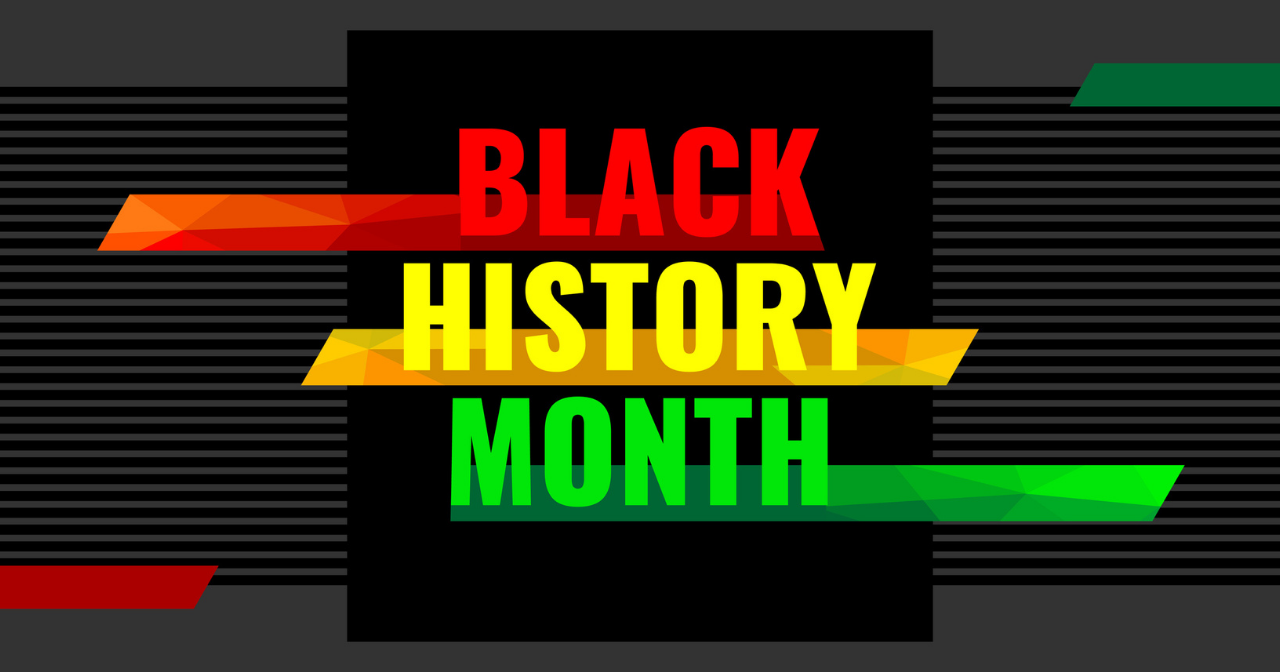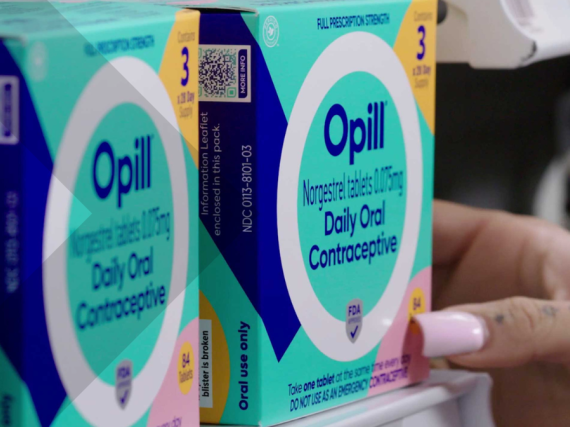The Importance of Centering the Reproductive Well-Being of Black People
Throughout February, we recognize Black History Month. This year’s theme, ‘Black Health and Wellness’ offers the perfect opportunity to think about and discuss the challenges faced by Black people throughout the country as we seek to achieve reproductive well-being. The reality is that the challenges we face are informed by both racism and many social determinants of health. Neither of these can be fully addressed without a more holistic approach towards how people make important decisions about their lives, including the decision around if, when, and under what circumstances to have a child.
I’m a gynecologist, and I spend much of my clinic life speaking and listening to my patients talk about their bodies, their sex lives, and the rest of their lives as well. But I am also a Black woman, living in a world that does not always value me, my health, or my opinions on my own body. My experiences navigating the world as a woman, and as a Black woman specifically, completely inform the way I work. I carry these experiences with me and apply them to all that I do.
I find the inequities in Black women’s health especially pervasive and troubling. One of the most relevant and egregious disparities is the rate of maternal mortality for Black women. In addition to being three to four times more likely to die from pregnancy-related complications, we also face more barriers than our non-Black peers when accessing abortion care. The Hyde Amendment currently blocks federal Medicaid funding for abortion services, and only 16 states allow state Medicaid funds to cover abortion care. Even then in nine states there must be a court order directing the payment. Nearly 30% of the 7.8 million women who cannot use Medicaid dollars for abortion care are Black.
The statistics do not become more positive when it comes to preventative care. Black women are less likely to be insured, with countless experiencing gaps in their health care coverage during their lives. Only around 40% of Black women of reproductive age would be able to afford $10 or less to pay for birth control today. And when compared with 91% of their Hispanic and white peers, just 83% at risk of unintended pregnancy are currently using birth control.
Not being able to access health care can have lasting consequences. It’s extremely important to remember that Black women have faced historical and systemic racism in family planning care and still face discrimination and bias today, which for many understandably leads to a lack of trust in providers. We all deserve care that centers our lived experiences and validates both our needs and wants.
The intersection of my identities as a provider and a Black woman is a chance for me to be a visible and proud teacher as well as a student. Throughout my career I have worked to educate others about the history of reproductive oppression and experimentation on communities of color. I have also taken the time to get to know my patients, to listen to their stories of interacting with the health care system, and by doing so to give them agency in their own health decisions.
We must do more to ensure that Black lives are valued in our society and by the health care system. We must work to ensure that systemic and institutional racism are addressed in our communities and organizations. And along the way we should celebrate the Black women who forged the Reproductive Justice Movement, which has provided a critical framework that has enriched the connection that I have with the communities I serve and has made me a better physician and advocate. I’m inspired to continue to see that so many women—and especially women of color—are emerging as leaders in reproductive health care and health care in general. Amazing Black-women-led organizations such as the Black Mamas Matter Alliance, the National Birth Equity Collaborative, Black Women for Wellness, Dr. Shalon’s Maternal Action Project, and many more are working today to improve the health and lives of Black families and communities every day.



